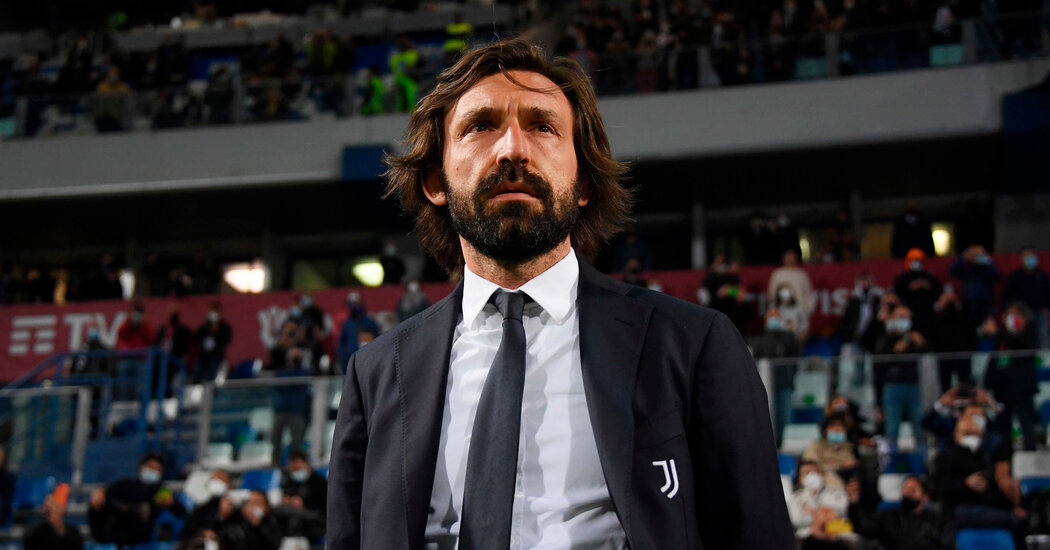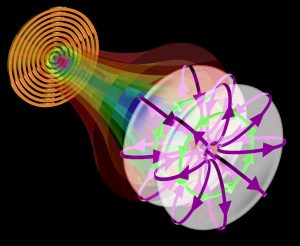
He has an answer for that. No. “Maybe I would have done even better,” he said, with a smile. His logic is based on more than unflappable self-confidence. “It was a little more technical when I was playing,” he said. “Now maybe it is more physical. But there were a lot of players in my generation, a lot of teams with technical players of the highest level.
“Maybe now there are not quite so many, so a bit of quality goes a long way. It would be just as valuable in this sort of soccer, maybe more so. Those kinds of players, the ones who are a little smarter, or a little more technical, are harder to find now. In all that speed, all that haste, there are certain situations where the most important thing is a little intelligence, a little technique.”
Besides, Pirlo is adamant that certain truths about soccer hold, regardless of how the game’s fashions, its tastes, ebb and flow. He might watch it now with a manager’s eye, scouring what he sees for some strategic insight, some tactical maneuver, but he remains a player at heart. “You have to work within systems now more than you did,” he said. “But it always comes down to the players.” A coach, he knows from personal experience, is never in complete control of events. Even the finest strategies, the most complex schemes, hinge on the humans tasked with implementing them.
“Everything can change,” he said. “It can be quicker or slower, it can have one style or another, but it is always the players that make things happen on the field.”
In that, to Pirlo, it always remains the same, familiar, recognizable, as appealing as it has always been. “You can ask if it was more beautiful before, or more beautiful now,” he said. “But it is always beautiful.”

